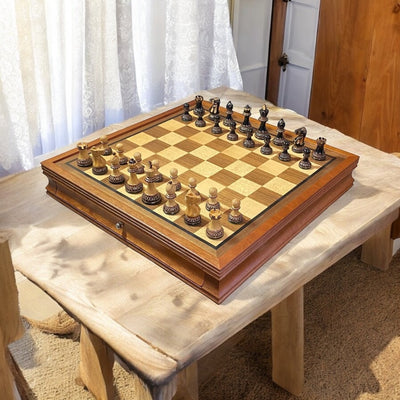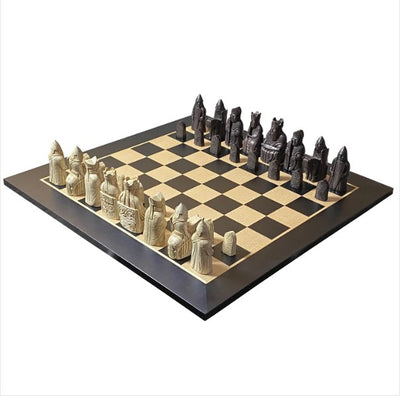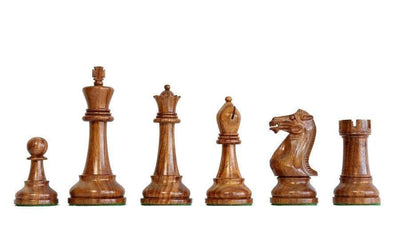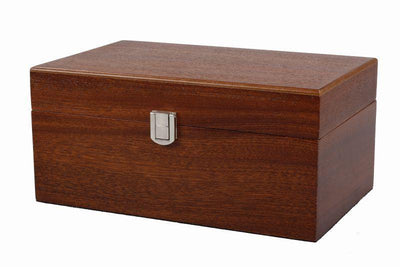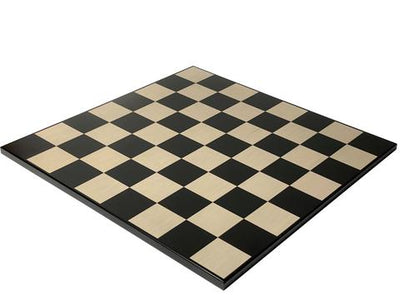Is Offense Better Than Defense. Chess Offense Explained.
You are most likely to recollect the guidelines of chess, yet what is really occurring there on the board? How many moves do Grand masters really think they can make ahead? Why is it that Grand masters don't checkmate their opponents? Last but not least, your life is like a game of chess.
It is possible that you have already learned the rules of chess somewhere along the way. As you might recall, chess is a diversion that focuses on war subjects. Two rivals attack each other with their armed pieces. Players alternate to move their chess pieces around an 8x8 board so as to assault and catch aggressors, build up a planned front line position, and eventually checkmate the rival's lord by putting him under an assault from which there is no lawful departure.
Every move in a game is recorded using arithmetical documentation. This allows diversions from all over the world to be recorded for future generations. The video footage of diversions over many years or from very few competitions across the globe is not available. However, the account of moves allows chess fans and players to view, reproduce and dissect countless amusements throughout the game's history. Divertissements can now be accessed online. They were circulated by post and distributed in paper sections before the advent of the internet. They are just as important today as they were back then. Chess players look at past divertissements in the same way that different competitors separate tape.
Players exchange chess pieces during a round. If you're one of these players, you need to try your best to maximize every move. Each move is essentially a unit of chess time. It's also known as a Tempo or beat. You may lose tempo if you take two moves to achieve the same result as you could with one. However, you might regain tempo if you make a move that allows your opponent to withdraw one of their pieces.
A chess board contains a limited number of squares, and the two players are seeking command over those squares with the goal that they may beat the one on the opposite side of the table.
Many novice players overlook the importance of chess defense. These players are focused on offensive chess strategies and penances. While it is important to understand how to play offensively at chess, it is also crucial to learn how to defend yourself and how to get out of difficult situations. After reading the article, you'll learn about the seven most important defenses in chess. You can also apply these strategies while playing.
These defense codes will convince you that the best offense is a good defense.
Eliminate the Dangers
It is a good rule to always consider protection first. You should review all moves made by your opponent and identify any potential dangers. These questions should always be asked:
What is the thought behind this move What is adversary safeguarding? Or, what is the best and most grounded way to react to your turn?
Make sure you keep your back in a secure position
An incalculable amount of chess games ended with a quick back position mate because one side didn't pay enough attention to this crucial component. Remember that the health and well-being of the ruler is paramount. If the castled ruler is not defending itself, its back position renders it completely helpless.
Make sure you have the majority of your pieces secure
You will have a better quality of life and a greater sense of peace of mind if you keep the majority of your pieces secure. Repeatedly, we tend to propel our chess pieces further into foe's domain without stressing a lot over well being. For novice players, it is important to remember a general rule of thumb: keep your majority of pieces protected by another chess piece or pawn. This will reduce the chance of you getting a stick, twofold assault, or fast fork.
You can put the bishop in security. Another option is to simply castle, which will eliminate the possibility of any check.
Which do you believe is more feasible? Castling is actually a more intelligent option than the twofold assault. It also puts the ruler in security and interfaces with the rooks. Always choose the best "valuable" move, which accomplishes more than one thing.
Streamline is the solution when you're short on space
Although this rule is based upon sound judgment, many players fail to recognize it. If you are down in space, your domain is much smaller and you can move your pieces more easily. You will find it much easier to play if you trade every piece. You will likely position your best pieces to improve your defense or assault and moderately reduce your opponent's space advantage.
Trade Your Adversary's Most Assaulting Piece
You can almost guarantee that you will fundamentally decrease the potential for their attack by trading your most powerful piece.
Keep a strategic distance from pins and skewers
You ought to dependably consider pinned or skewered pieces as such chess pieces who lose their versatility and esteem. You should try to avoid having your pieces pinched or speared in a perfect world. If this happens, you need to try to find a way to free the piece and break the stick. Sometimes, innovation is required.
Counter assault is a way to get out of an unpleasant situation.
This is especially important. It is sometimes difficult to use sound judgment and break down barriers when we feel the pinch.
It is important to be able to understand the position of your opponent in order to effectively play centre diversions. The Official Staunton Chess Company features a huge collection of chess boards and amazing chess pieces. As a C\company with class and an eye for detail and exceptional styles, it has a selective distributorship of surprising wooden chess boards, from the esteemed prestigious craftsmen of Sorrento Italy, Gigilio Asla. These chess pieces and boards are carefully designed to bring the players into the heart of chess with every move and touch. No matter if you're an amateur or an experienced chess player, the Official Staunton Chess Company will ensure that you have the best experience possible with chess.


